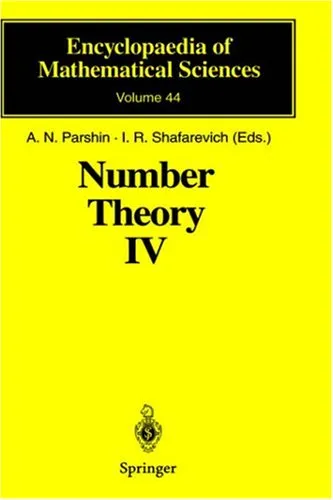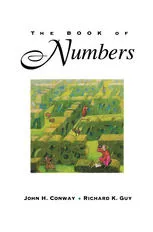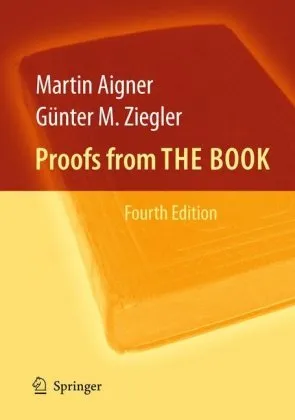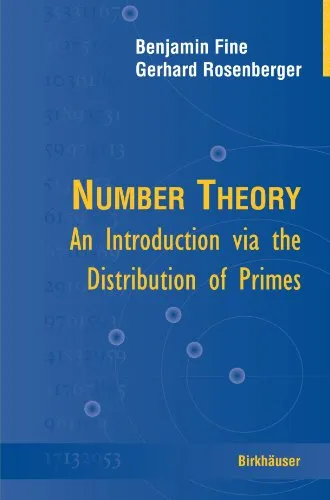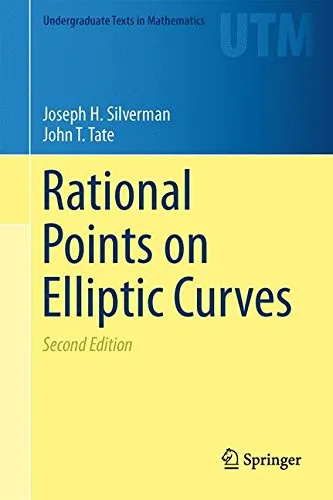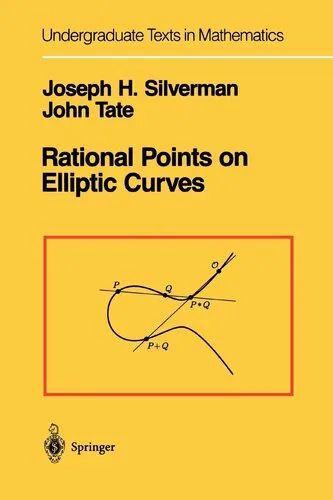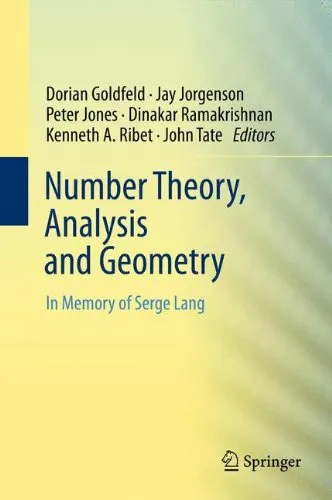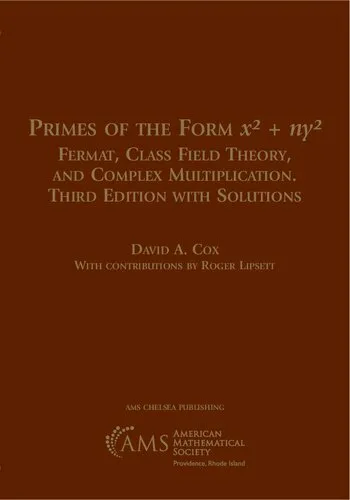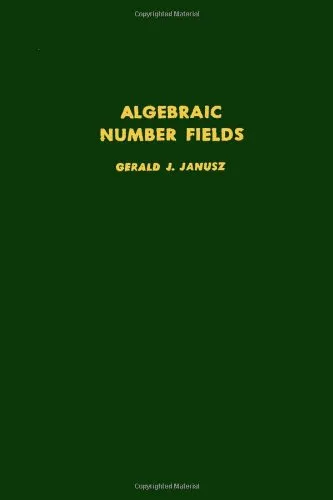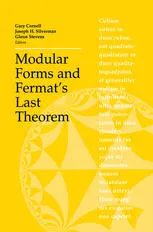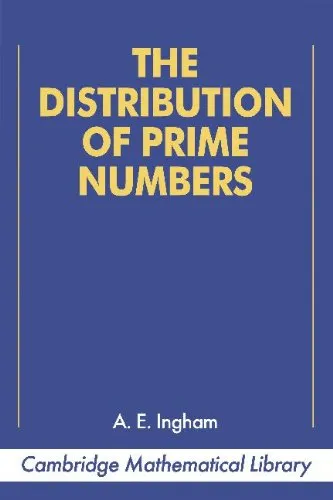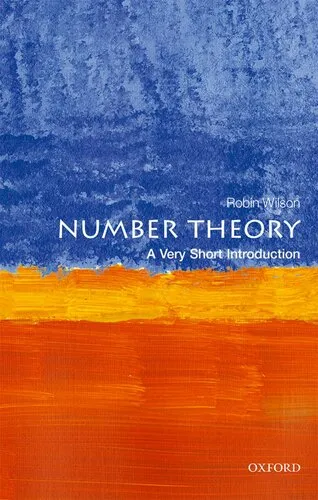Number Theory IV: Transcendental Numbers
4.5
Reviews from our users

You Can Ask your questions from this book's AI after Login
Each download or ask from book AI costs 2 points. To earn more free points, please visit the Points Guide Page and complete some valuable actions.Related Refrences:
Introduction to "Number Theory IV: Transcendental Numbers"
"Number Theory IV: Transcendental Numbers," authored by A.N. Parshin, I.R. Shafarevich, N. Koblitz, N.I. Fel'dman, and Yu.V. Nesterenko, is a remarkable work that delves deeply into one of the most fascinating areas of number theory: the study of transcendental numbers. This area, which occupies a unique place between algebra and analysis, has intrigued mathematicians for centuries due to its depth, complexity, and profound implications in mathematics and science.
Detailed Summary of the Book
This book provides a comprehensive exploration of the theory of transcendental numbers, which are those numbers that cannot be the root of any non-zero polynomial equation with rational coefficients. Classic examples include numbers like π (pi) and e. "Number Theory IV" not only systematically develops the foundational results in this field but also addresses some of the most advanced topics and unsolved problems, making it valuable for both beginners and advanced researchers.
The authors begin with an introduction to algebraic and transcendental numbers, laying down the groundwork for readers unfamiliar with these topics. This includes discussions on Liouville’s theorem, algebraic independence, and the Hermite–Lindemann–Weierstrass theorem. From there, the book progresses to more intricate subjects such as transcendence measures, Gelfond–Schneider methods, and applications of Baker's theory.
Particular emphasis is given to effective methods in transcendental number theory, where theoretical results meet computational techniques. Additionally, the text explores connections between transcendental numbers and other areas of mathematics, such as Diophantine approximations and the geometry of numbers. By presenting numerous examples, proofs, and problems, the book remains highly illustrative and instructive throughout.
Key Takeaways
- The fundamental distinction between algebraic and transcendental numbers is critical for understanding number theory's broader scope.
- Techniques developed in transcendental number theory have far-reaching applications in solving Diophantine equations, cryptographic systems, and mathematical logic.
- The roles of giants like Liouville, Hermite, and Gelfond in shaping the theory are highlighted, along with a detailed examination of their most celebrated results.
- Readers gain insights into methods for proving algebraic independence of numbers, a challenging area in modern mathematics.
- The book bridges classical results and contemporary research, offering a well-rounded understanding of the field.
Famous Quotes from the Book
"Transcendental numbers stand as an eternal enigma, embodying the deep interplay between algebraic simplicity and analytical complexity."
"The study of transcendence is the study of boundaries—the boundary of human ingenuity against the infinite possibilities of numbers."
Why This Book Matters
The importance of "Number Theory IV: Transcendental Numbers" lies in its role as both an educational text and a research reference. Transcendental number theory is a cornerstone of modern mathematics, with implications extending far beyond pure theory. This book serves as a vital resource for graduate students, postdoctoral researchers, and even seasoned mathematicians exploring the boundaries of number theory.
Furthermore, the rigorous but accessible approach taken by the authors makes the subject clearer to newcomers while providing enough depth for experts. The logical progression of topics and the thoughtful inclusion of problems and exercises ensure that readers can actively engage with the material, honing their understanding through practice.
By highlighting both classical foundations and modern advancements, this book bridges the gap between tradition and innovation. It ensures the continuity of mathematical exploration, inspiring future generations to pursue answers to long-standing questions in number theory.
Free Direct Download
You Can Download this book after Login
Accessing books through legal platforms and public libraries not only supports the rights of authors and publishers but also contributes to the sustainability of reading culture. Before downloading, please take a moment to consider these options.
Find this book on other platforms:
WorldCat helps you find books in libraries worldwide.
See ratings, reviews, and discussions on Goodreads.
Find and buy rare or used books on AbeBooks.
1557
بازدید4.5
امتیاز0
نظر98%
رضایتReviews:
4.5
Based on 0 users review
Questions & Answers
Ask questions about this book or help others by answering
No questions yet. Be the first to ask!
